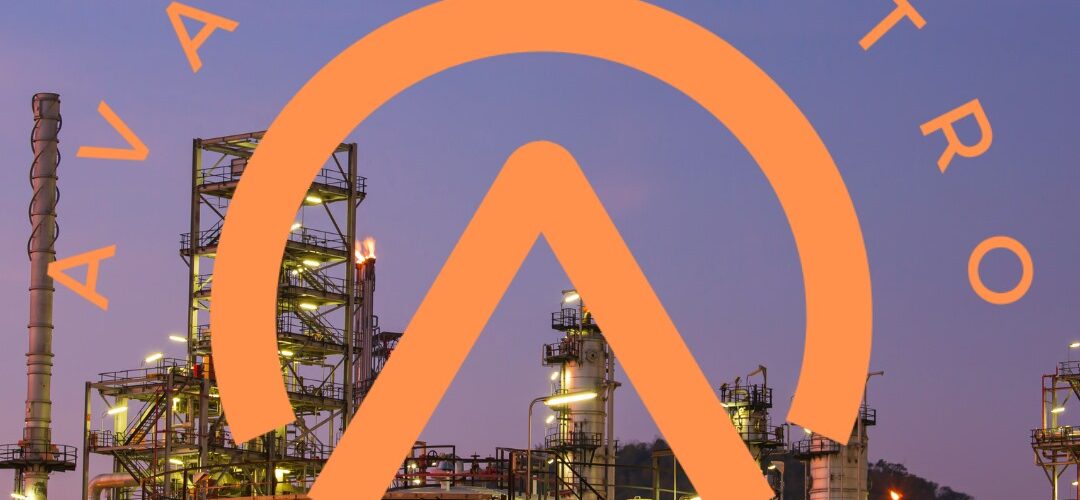Revolutionizing Plastic Recycling: Three Advanced Machines for Different Plastic Materials
In the wake of global environmental consciousness, the need for efficient plastic recycling has never been more crucial. As the world grapples with the environmental impact of plastic waste, innovative solutions are emerging to tackle this pressing issue head-on. One such solution lies in advanced recycling machines designed to process different types of plastic materials efficiently. In this comprehensive guide, we delve into three cutting-edge recycling machines tailored to handle various plastic materials, revolutionizing the recycling industry.
Polyethylene Terephthalate (PET) Recycling Machine: Transforming Plastic Bottles into Sustainable Resources
PET, commonly found in plastic bottles for beverages and household products, presents unique challenges in the recycling process. Traditional recycling methods often struggle to effectively process PET due to its resilience and widespread usage. However, PET recycling machines offer a transformative solution, capable of efficiently converting used plastic bottles into sustainable resources.
How it Works:
- Sorting and Shredding: The first step involves sorting collected PET bottles based on color and quality. Advanced sorting technologies ensure optimal separation of contaminants. Once sorted, the bottles undergo shredding to break them down into smaller pieces.
- Cleaning and Washing: Shredded PET flakes undergo thorough cleaning and washing to remove any remaining impurities and residues. This step is critical to ensure the purity of the recycled material.
- Melting and Extrusion: Cleaned PET flakes are melted and extruded into fine strands, which are then cooled and solidified into pellets. These pellets serve as the raw material for manufacturing various products, including clothing, packaging materials, and even automotive parts.
- Quality Control: Stringent quality control measures are implemented throughout the process to maintain the integrity and purity of the recycled PET material. Advanced technologies monitor key parameters such as color, viscosity, and molecular structure to ensure consistency and quality.
Benefits:
- Resource Conservation: PET recycling machines help conserve natural resources by reducing the need for virgin plastic production.
- Energy Efficiency: Compared to traditional manufacturing processes, recycling PET consumes less energy, contributing to lower carbon emissions.
- Circular Economy: By closing the loop on plastic waste, PET recycling machines support the transition towards a circular economy, where resources are reused and recycled indefinitely.
High-Density Polyethylene (HDPE) Recycling Machine: Harnessing the Power of Advanced Technologies
HDPE, commonly used in milk jugs, detergent bottles, and plastic bags, poses unique challenges in the recycling process due to its density and durability. However, HDPE recycling machines leverage advanced technologies to overcome these challenges, transforming HDPE waste into valuable raw materials.
Key Features:
- Advanced Sorting Systems: HDPE recycling machines incorporate state-of-the-art sorting systems capable of efficiently separating HDPE from other plastic materials. Optical sensors and automated processes ensure accurate sorting and minimal contamination.
- Mechanical Processing: Once sorted, HDPE waste undergoes mechanical processing, including shredding and granulation, to convert it into uniform pellets or flakes. This process enhances the material’s suitability for subsequent manufacturing processes.
- Chemical Recycling: Some advanced HDPE recycling machines employ chemical recycling techniques to break down HDPE polymers into their constituent molecules. This enables the production of high-quality recycled plastics with properties comparable to virgin materials.
Environmental Impact:
- Waste Reduction: HDPE recycling machines play a crucial role in reducing plastic waste by diverting HDPE materials from landfills and incineration facilities.
- Carbon Footprint Reduction: By recycling HDPE, companies can significantly reduce their carbon footprint compared to conventional plastic manufacturing processes.
- Sustainable Practices: Investing in HDPE recycling machines demonstrates a commitment to sustainable practices and environmental stewardship, enhancing brand reputation and consumer trust.
Polypropylene (PP) Recycling Machine: Pioneering Sustainable Solutions for Diverse Applications
PP, commonly found in food containers, packaging materials, and automotive parts, presents unique opportunities for recycling due to its versatility and durability. PP recycling machines offer innovative solutions to process PP waste efficiently, paving the way for a more sustainable future.
Advanced Technologies:
- Melt Filtration Systems: PP recycling machines utilize advanced melt filtration systems to remove impurities and contaminants from recycled PP materials. This ensures the purity and quality of the final product, suitable for various applications.
- Extrusion and Pelletization: Processed PP flakes or pellets undergo extrusion and pelletization to form uniform raw materials for manufacturing. This step enhances the usability and marketability of recycled PP materials.
- Product Diversification: Recycled PP materials can be used to manufacture a wide range of products, including furniture, automotive components, and construction materials. This versatility opens up diverse market opportunities for recycled PP materials.
Economic and Environmental Benefits:
- Cost Savings: Investing in PP recycling machines offers long-term cost savings by reducing dependence on virgin PP materials and minimizing waste disposal expenses.
- Resource Conservation: By recycling PP waste, companies contribute to the conservation of natural resources and reduce the environmental impact of plastic production.
- Circular Economy: PP recycling machines play a vital role in advancing the principles of a circular economy, where materials are reused, recycled, and repurposed to minimize waste and maximize resource efficiency.
In conclusion, the advent of advanced recycling machines has transformed the landscape of plastic recycling, offering innovative solutions to address the growing challenge of plastic waste. From PET and HDPE to PP, these machines exemplify the power of technology and innovation in driving sustainable practices and environmental stewardship. By investing in these cutting-edge solutions, companies can not only reduce their environmental footprint but also contribute to a more sustainable and circular economy for future generations.
Written by Emir Narin

